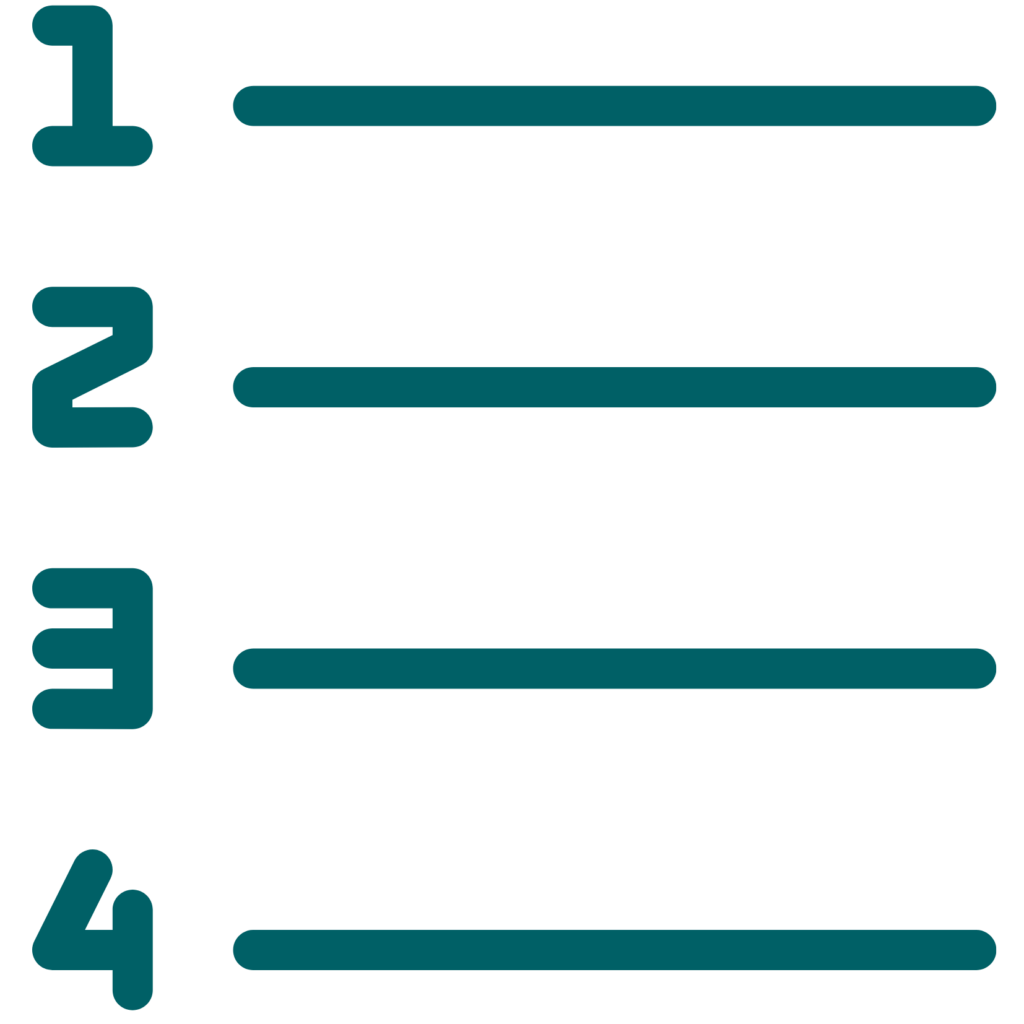The Vanguard VAS ETF provides exposure to the largest 300 Australian shares, based on market capitalisation. This is a low-cost way to access top Australian companies through a single fund.
The Vanguard Australian Shares Index ETF (ASX: VAS) is Australia’s largest ETF — and by a very long way. With $11 billion of investments in the VAS ETF as of July 2022, the next closest index fund ETF is iShares S&P 500 ETF (ASX: IVV) with $5 billion. That’s a huge difference considering there are over 200 ETFs in Australia.


The Vanguard Australian Shares ETF is simple but unique — it buys and holds the top 300 shares on the Australian stock exchange, ranked by size/market capitalisation. VAS tracks the S&P/ASX 300 index, making it relatively unique amongst its peers.
Vanguard is the issuer of the VAS ETF and has decades of experience providing similar types of ETFs and index funds. Other big ETFs provided by Vanguard include Vanguard MSCI International Shares ETF (ASX: VGS) and Vanguard Total US Market Shares ETF (ASX: VTS).
The key alternative Australian shares ETFs to VAS are as follows:
The VAS ETF can be used by investors to get exposure to Australian shares/equities, with a tiny cost per year (0.1%). Basically, buying VAS is like ‘owning the market’ for next to nothing. This is one reason why VAS has proven to be so popular.
Given VAS’ unique focus on the top 300 Australian shares, as opposed to the top 200 followed by most competing ETFs, VAS captures some exposure to the small and medium-sized companies on the ASX. That is, the companies ranked between 200 and 300 in size.
With low costs, diversification, dividend income and franking credits, it’s easy to see why VAS is the most popular ‘Core’ ETF in Australia.
It should be noted that if you own similar ETFs, such as A200, STW, IOZ or MVW, you’re going to have a lot of ‘overlap’ in your portfolio if you own more than one of these ETFs.
If you’re comparing VAS to other index fund shares ETFs, its risk level should be relatively the same.
However, compared to bond ETFs, VAS will be riskier (volatile).
Compared to sector-specific ETFs or thematic ETFs (e.g. ACDC, CLNE. HACK, etc.) VAS should be slightly less risky over a full market cycle given it’s diversified across sectors and company types.
Given it is an Australian shares ETF, investors should consider VAS as part of the ‘risk on’ side of a portfolio and seek to hold the ETF for a minimum of 7 years to ensure the portfolio is given time to produce results in most market environments.
Yes. VAS will pay or ‘pass through’ the franking credits it receives from its holdings. If you’re especially focused on fully franked dividend income you might try something like the VHY ETF (also from Vanguard) as either a complement or replacement to VAS.
To view the full range of ETFs available on the ASX, click here. Or to join us inside Rask Core 🌏 and get all of our premium ASX research and model portfolios, click here.
Cheers!
Owen Raszkiewicz
Founder of Best ETFs Australia, lead analyst of Rask Core
The VAS ETF invests in Australian shares, which offer growth and income potential. You could buy all of these companies yourself using a share brokerage account, but that would be a very expensive and time-consuming process. ETFs are an effective way to invest in an entire sector or index through a single trade.
The VAS ETF could be used by investors to get exposure to a broad basket of Australia’s largest public companies, which are likely to grow their profit over time and pay regular tax-effective dividends to their shareholders.
To invest in any ASX ETF, you need to use create your own broker account and choose from over 400 ETFs.
But why bother do that when you can get everything done for you – for a simple, low, fee?
We manage ETF portfolios on behalf of 250+ Australian investors, with over $20 million invested.
Simple. Low cost. Transparent. Professional.
It’s called Rask Invest.
Click the button to discover the ETFs we own, and how it works.

*The warnings on this page are applied by our ETF research team. Please know that these warnings are based on quantitative metrics and our internal methodology. These risks are not exhaustive and therefore they should not be relied upon. Always read the PDS of the function and speak to your financial adviser before acting on this information.
The information on this website is general financial advice only. That means, the advice does not take into account your objectives, financial situation or needs. Because of that, you should consider if the advice is appropriate to you and your needs, before acting on the information. In addition, you should obtain and read the product disclosure statement (PDS) before making a decision to acquire any financial product. If you don’t know what your needs are, you should consult a trusted and licensed financial adviser who can provide you with personal financial product advice. Please read our Terms & Conditions and Financial Services Guide before using this website.
“Rask Invest” is considered a financial product and has a Product Disclosure Statement (PDS) and Target Market Determination (TMD), issued by InvestSMART. These documents can be accessed on the Rask Invest website. Please seek professional advice before making any investment decision with respect to Rask Invest.
© Rask Australia 2024